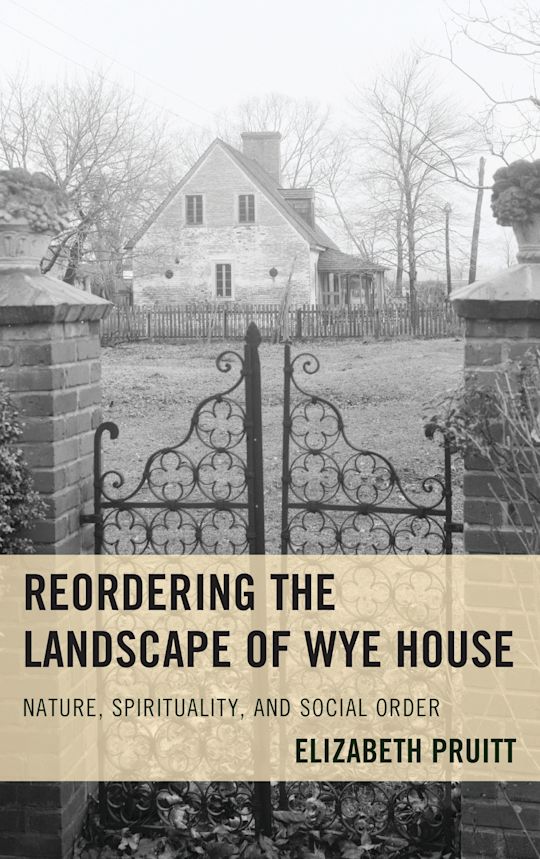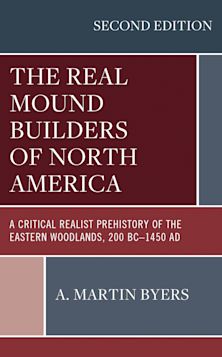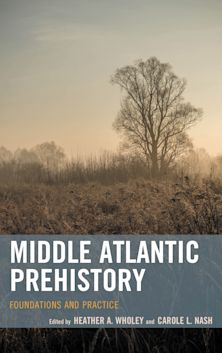- Home
- ACADEMIC
- Archaeology
- Archaeology - Other
- Reordering the Landscape of Wye House
Reordering the Landscape of Wye House
Nature, Spirituality, and Social Order
Reordering the Landscape of Wye House
Nature, Spirituality, and Social Order
You must sign in to add this item to your wishlist. Please sign in or create an account
Description
This book examines early European American and African American gardening practices, social order, and material culture at the Wye House plantation. Located on the eastern shore of Maryland, this plantation housed the Welsh Lloyd family and hundreds of enslaved Africans and African Americans, including Frederick Douglass. Pruitt examines the different possible interactions and understandings of nature at the Wye House and their impact on the dynamic, culturally-based, and entangled landscape of imposed and hidden meanings, colonization and resistance, and science and magic. This book is recommended for scholars interested in historic and public archeology, applied anthropology, American and African American history, and race studies.
Table of Contents
Chapter 1: The Historical Landscape
Chapter 2: The Lloyds' Landscape
Chapter 3: The Reordered Landscape
Chapter 4: The Present Landscape
Conclusions
Product details
| Published | Apr 13 2017 |
|---|---|
| Format | Ebook (Epub & Mobi) |
| Edition | 1st |
| Extent | 158 |
| ISBN | 9781498528245 |
| Imprint | Lexington Books |
| Illustrations | 2 BW Illustrations, 7 BW Photos, 1 Charts, 1 Graphs, 3 Tables |
| Publisher | Bloomsbury Publishing |
About the contributors
Reviews
-
Not since Frederick Douglass wrote about Wye House has there been an empirical account of the conditions of enslaved life there. Elizabeth Pruitt uses the entry point to the past provided by archaeology to describe the creative life of African American religion, medicine, and gardening at Wye House that Douglass avoided when his mission was to describe reality in such a way that he convinced people to abolish slavery. Contemporary African American descendants want to know of their ancestors’ spirituality, African traditions, skills, and culture. This book is a view into these areas for them and us.
Mark P. Leone, University of Maryland, College Park
-
Elizabeth Pruitt's work at Wye House Plantation embodies the wonderful interdisciplinary nature of historical archaeology. This well-written work takes the reader from archaeology sites to archives and public history to pollen analysis, and stands as a testament to the contemporary directions of archaeological practice.
Christopher P. Barton, Francis Marion University

ONLINE RESOURCES
Bloomsbury Collections
This book is available on Bloomsbury Collections where your library has access.


































